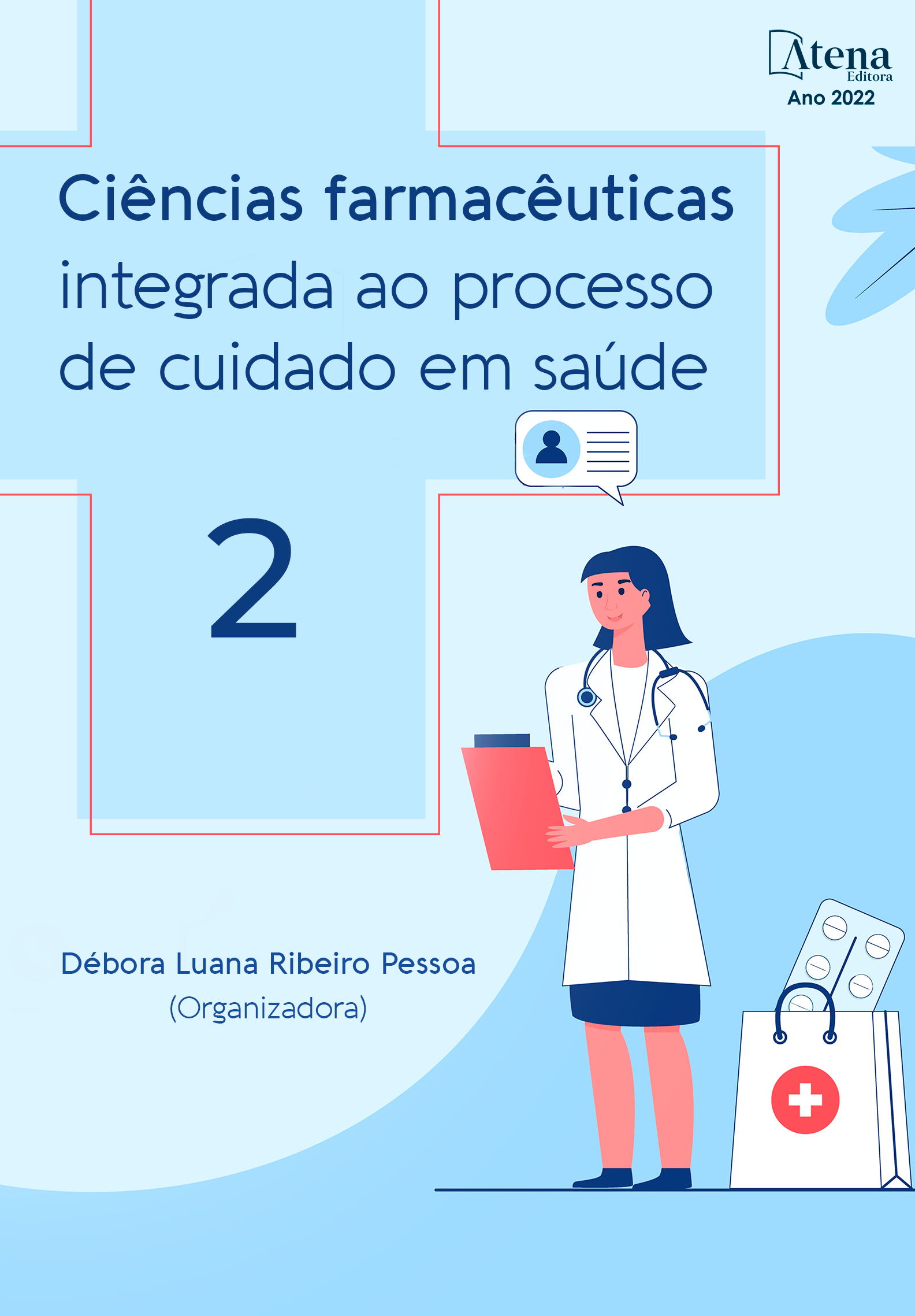
RELAÇÃO DE CAUSALIDADE ENTRE O USO INDISCRIMINADO DE ANTIBIÓTICOS E O EMINENTE RISCO DE RESISTÊNCIA ANTIMICROBIANA
Introdução: Os antibióticos são compostos naturais ou sintéticos capazes de inibir o crescimento (bacteriostáticos) ou ocasionar a morte (bactericidas) de bactérias. Sua descoberta associada a redução da taxa de mortalidade culminou no uso indiscriminado, resultando na chamada “resistência antimicrobiana”, responsável pela inefetividade de diversos tratamentos. Metodologia: Trata-se de uma revisão de literatura, com o objetivo de evidenciar o fenômeno de causalidade entre o uso indiscriminado de antibióticos e o eminente risco de resistência antimicrobiana. Resultados e Discussão: De acordo com a Organização Mundial da Saúde (OMS), se a problemática da resistência antimicrobiana não for solucionada, o século XXI será marcado por uma era pós-antibiótica, onde nenhum dos fármacos antimicrobianos existentes serão eficazes, e as mortes por infecções bacterianas poderão se tornar superiores aquelas causadas por doenças crônicas. Por sua importância farmacológica, deve ser usado adequadamente para se manter eficaz. Conclusões: É imprescindível um controle mais rígido com relação a prescrição e disponibilização de antibióticos, bem como o aprimoramento nas orientações em saúde no intuito de informar a população os perigos da automedicação e da utilização inadequada de antimicrobianos.
RELAÇÃO DE CAUSALIDADE ENTRE O USO INDISCRIMINADO DE ANTIBIÓTICOS E O EMINENTE RISCO DE RESISTÊNCIA ANTIMICROBIANA
-
DOI: 10.22533/at.ed.0702218057
-
Palavras-chave: Fármacos antibióticos; Uso excessivo de antibacterianos; Resistência bacteriana a antibióticos; Impacto social.
-
Keywords: Antibiotic drugs; Excessive use of antibiotics; Bacterial resistance to antibiotics; Social impact.
-
Abstract:
Introduction: Antibiotics are natural or synthetic compounds capable of inhibiting the growth (bacteriostatics) or causing the death (bactericidal) of bacteria. Its discovery associated with a reduction in the mortality rate culminated in the indiscriminate use, resulting in the so-called "antimicrobial resistance", responsible for the ineffectiveness of several treatments. Methodology: This is a literature review, with the objective of highlighting the phenomenon of causality between the indiscriminate use of antibiotics and the imminent risk of antimicrobial resistance. Results and Discussion: According to the World Health Organization (WHO), if the problem of antimicrobial resistance is not resolved, the 21st century will be marked by a post-antibiotic era, where none of the existing antimicrobial drugs will be effective, and deaths from bacterial infections will become higher than those caused by chronic diseases. Due to its pharmacological importance, it must be used properly to remain effective. Conclusions: It is essential to have stricter control over the prescription and availability of antibiotics, as well as the improvement of health guidelines in order to inform the population about the dangers of self-medication and inappropriate use of antimicrobials.
-
Número de páginas: 9
- ADJANEIDE CRISTIANE DE CARVALHO
- RAYANNE MARÍLIA CARVALHO MONTEIRO
- LIZANDRA LAILA DE SOUZA SILVA


